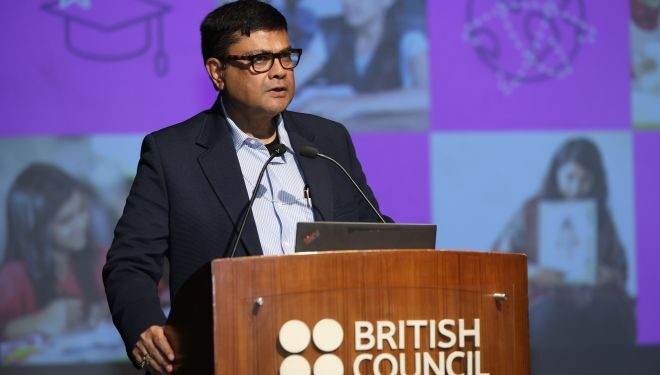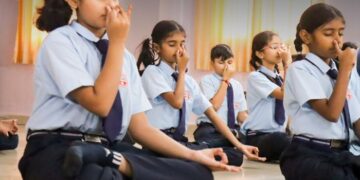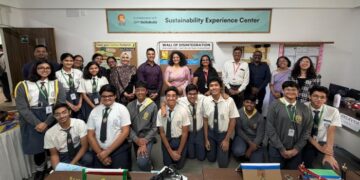At a school education conference organized by the British Council, the UK’s international organisation for cultural relations and educational opportunities in collaboration with the Central Board of Secondary Education (CBSE), over 200 experts gathered to discuss ways of bringing together educators, policymakers, linguists, and pedagogical specialists on the theme of ‘Enhancing Multilingual Pedagogy and Practice in the Classroom’ in New Delhi on Feb 4.
Sanjay Kumar IAS, Secretary, Department of School Education and Literacy Ministry of Education, who inaugurated the conference provided the Government perspective on the framework by emphasizing that has embarked on a vital journey to enhance multilingual pedagogy across India. “Given our country’s rich linguistic diversity, it is essential to foster inclusive educational environments that embrace multiple languages, as emphasised by the National Education Policy 2020. Our shared efforts are focused on empowering educators with the tools and strategies needed to support multilingualism in the classroom, enabling students to engage more deeply with their learning while nurturing respect for cultural diversity. By championing multilingual education, we can ensure that all students have the opportunity to thrive academically and socially in a rapidly changing global landscape.”
Rahul Singh IAS, Chairperson, CBSE too was present at the inaugural which was attended by representatives and policy makers from 200+ schools, educational institutions, and apex body leaders, including the CBSE, National Council of Educational Research and Training (NCERT), English and Foreign Languages University.
The event focused on creating environments where children can flourish both academically and personally, recognising and embracing their linguistic backgrounds. As highlighted in the NEP 2020, multilingualism “not only promotes cognitive development but also enhances empathy and respect for other cultures and languages”—values that are essential in fostering a cohesive, inclusive, and pluralistic society.
The sessions centered on highlighting and sharing best practices in multilingual education and pedagogy, aligning with the National Education Policy (NEP) 2020. Key discussions focusing on exploring innovative practices in school education that resonate with the NEP 2020 and the National Curriculum Framework for School Education (NCF-SE), with a particular emphasis on multilingual education. The conference also provided a platform for educators and policymakers to collaborate, driving forward crucial educational reforms. As part of the conference panel discussions, workshops and plenary sessions were delivered by trainers from various groups and UK universities, including renowned entities like the as University of Birmingham, Goethe University Frankfurt, ELT Consultant, English and Foreign Languages University and CBSE.
Alison Barrett MBE, Director India, British Council in his remarks about the conference said, “The Central Board of Secondary Education and the British Council have been working together to share knowledge and learning in support of transformative classroom change. Our annual school education conference is an opportunity for meaningful multi-stakeholder dialogue between educators, academics and school leaders on priority areas aligned to the National Education Policy 2020 and the National Curriculum Framework for School Education. This year we turn our focus to enhancing multilingual pedagogy and practice, critical for supporting foundational literacy and numeracy skills and equipping students for a world of work that is increasingly multilingual.’’











